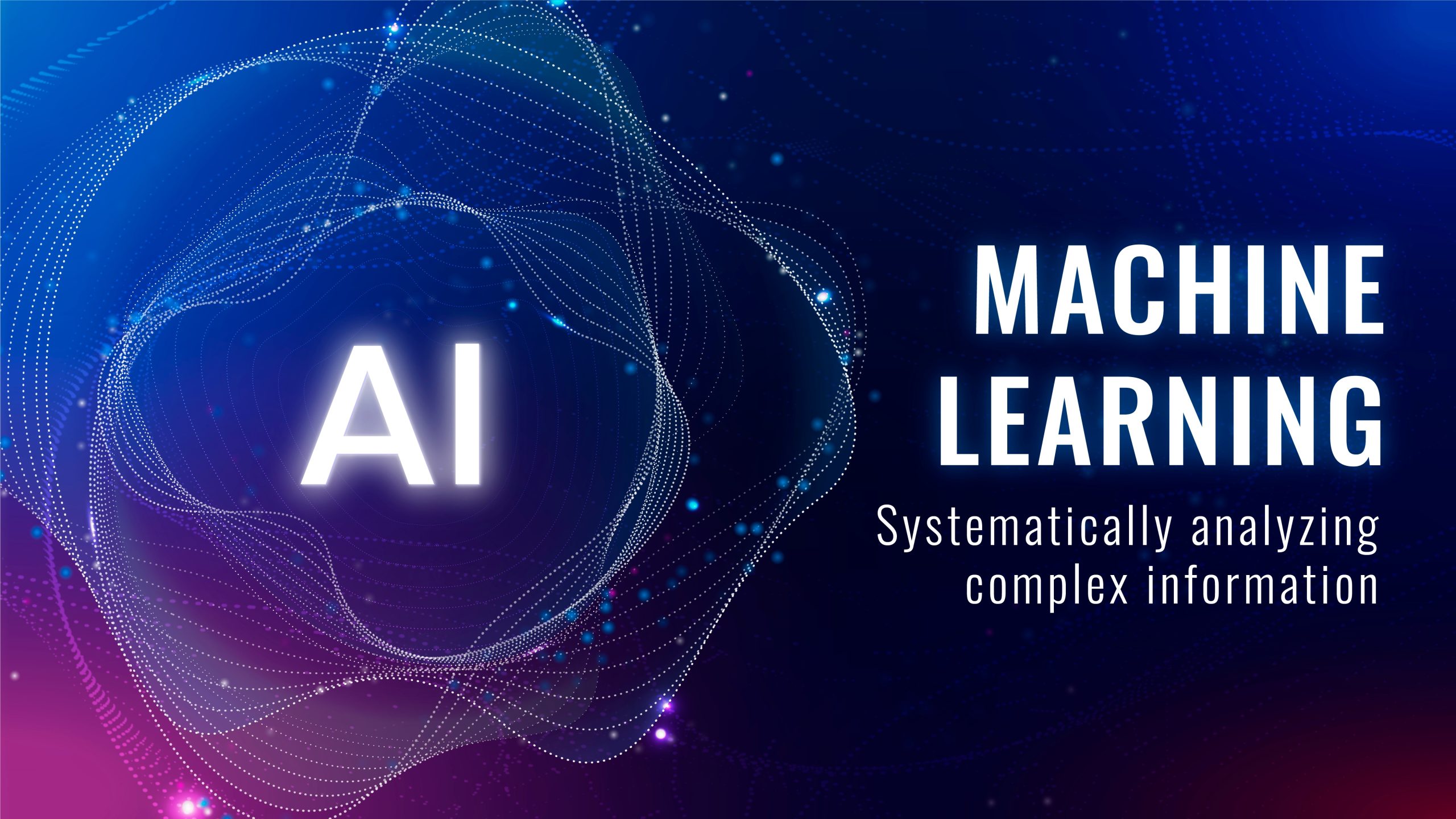Artificial Intelligence (AI) has become a buzzword in the business world. Many companies are embracing this technology as it promises to revolutionize productivity and efficiency in the workplace. However, with all its benefits, there are concerns about how AI will impact employment. Will machines replace human workers? Or will they complement our skills and make us more productive? In this blog post, we’ll explore both sides of the coin and discuss the pros and cons of artificial intelligence on employment. So grab a cup of coffee, sit back, and let’s dive into this fascinating topic!
Pros of Artificial Intelligence in the Workplace
Artificial Intelligence has brought about significant breakthroughs in the business world. Here are some of the pros of AI in the workplace:
Increased Efficiency: With AI, businesses can automate repetitive and time-consuming tasks such as data entry, customer support, and inventory management. This automation enables workers to focus on more critical tasks that require human skills such as creativity and decision-making.
Improved Accuracy: Unlike humans who are prone to errors, machines can complete tasks with a high degree of accuracy. For instance, an AI-powered chatbot can answer customer queries without making mistakes or getting tired.
Cost Savings: By automating certain processes using AI technology, companies can save money on labor costs while increasing productivity levels. Furthermore, they could also reduce expenses associated with employee benefits like healthcare coverages.
Enhanced Customer Experience: Through machine learning algorithms, businesses can analyze vast amounts of data to gain insights into their customers’ preferences and behaviors. This insight allows them to personalize their products or services better while improving overall customer satisfaction rates.
Artificial Intelligence is changing how we work by introducing unprecedented efficiencies that help us solve complex problems faster than ever before. Companies that embrace this technology stand to benefit from increased efficiency levels leading to higher profits while meeting modern consumer demands for personalized experiences at scale.”
Cons of Artificial Intelligence in the Workplace
As we have seen, artificial intelligence can bring numerous benefits to the workplace. It can increase productivity, improve efficiency and accuracy, reduce costs and free up employees’ time for more meaningful work. However, there are also some potential drawbacks to consider.
One of the main concerns is that AI could lead to job displacement as machines become capable of performing tasks that were previously done by humans. This could particularly affect low-skilled workers who may find themselves replaced by robots or automation systems.
Another issue is that AI technology is not infallible and can sometimes make mistakes or produce biased results. This could have serious consequences in certain industries such as healthcare or finance where errors could result in harm to patients or financial losses.
There are ethical considerations around the use of AI in decision-making processes. As machines become increasingly sophisticated at analyzing data and making predictions, it raises questions about who will be responsible for decisions made by these systems and how they will be held accountable if something goes wrong.
While artificial intelligence has many benefits for the workplace, it’s important to approach its implementation with care and consideration for both its advantages and disadvantages. By doing so, we can ensure that this powerful technology is used responsibly and ethically while still unlocking its full potential for businesses across all industries.








